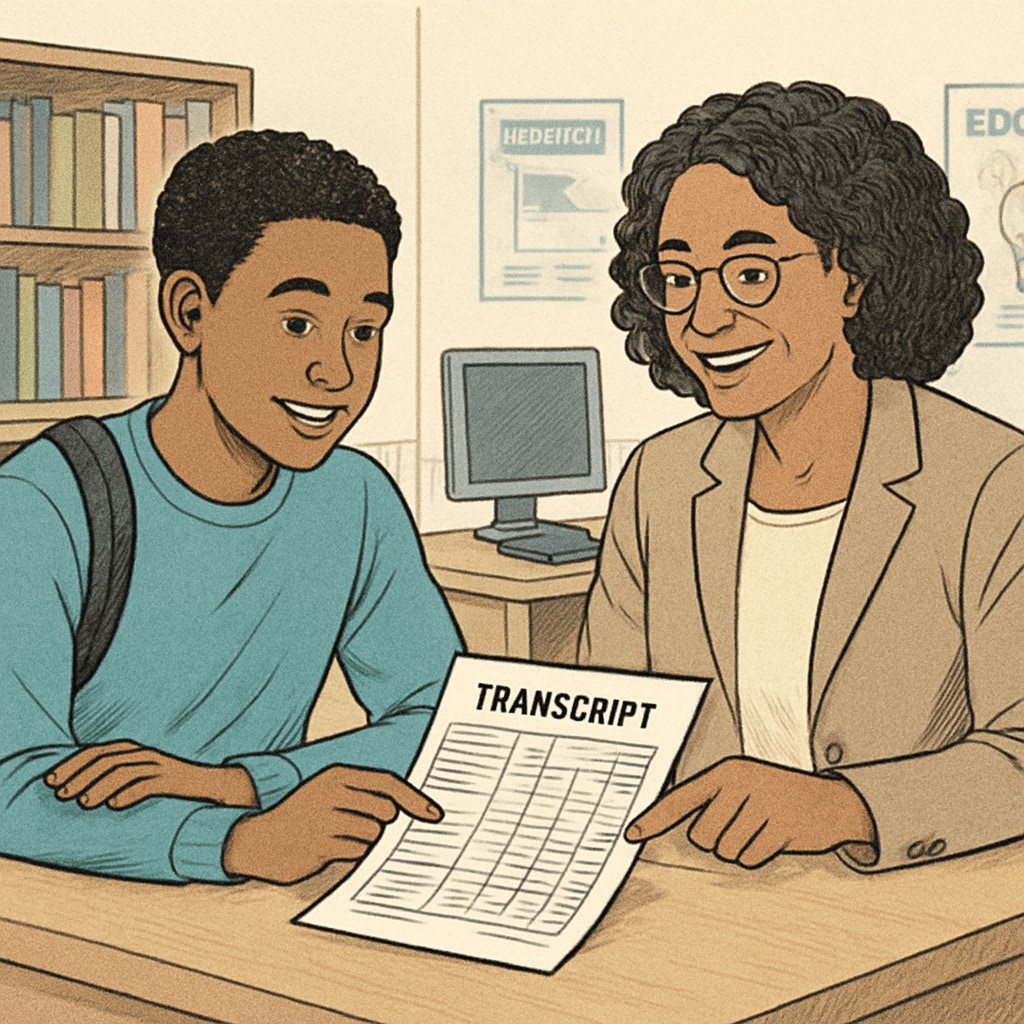Facing credit deficiency in high school can feel overwhelming, especially in the final two years when time is limited. However, with effective planning, diverse learning opportunities, and disciplined time management, students can recover lost credits and graduate on time. In this guide, we’ll explore practical strategies for overcoming this challenge while preserving the essential high school experience.
Step One: Assessing Your Credit Deficiency
The first step to solving any academic challenge is understanding the extent of the problem. Start by meeting with your school counselor or academic advisor to review your transcript and determine how many credits are missing and in which subjects. This evaluation will help you prioritize your efforts and create a clear roadmap.
- Make a checklist: Write down all required courses and credits needed for graduation.
- Identify gaps: Highlight areas where you are deficient, whether in core subjects like math or electives.
- Set milestones: Break the total credits into smaller goals for better progress tracking.
Once you have a detailed overview, you can start exploring solutions tailored to your needs.

Exploring Alternative Learning Options
Traditional classroom learning is not the only way to earn high school credits. Many educational institutions offer alternative solutions to help students catch up quickly. Here are some effective options:
- Summer School: Many schools offer accelerated programs during the summer, allowing students to complete courses in a shorter time frame.
- Online Classes: Platforms like edX and Khan Academy provide free or affordable online courses that can supplement your learning.
- Credit Recovery Programs: Specialized programs focus on helping students retake failed courses or incomplete credits.
- Community College Courses: Some high schools allow students to earn credits by enrolling in entry-level college classes.
Discuss these options with your counselor to ensure that alternative credits align with your graduation requirements.

Time Management: Maximizing Productivity
Recovering credits while balancing high school life requires excellent time management skills. Here are some strategies to stay organized and productive:
- Prioritize Urgent Tasks: Focus on essential courses needed for graduation first.
- Create a Schedule: Allocate specific hours each day for studying or attending supplemental classes.
- Stay Consistent: Break large tasks into smaller chunks and work on them consistently.
- Limit Distractions: Avoid social media or other interruptions during study sessions.
Using tools like planners or apps can help streamline your efforts and keep you on track.
Pro Tip: Reward yourself after completing each milestone to stay motivated throughout the process.
Balancing Credit Recovery and High School Life
While focusing on academic recovery is crucial, don’t forget to enjoy the remaining high school experience. Participate in extracurricular activities, build friendships, and celebrate achievements along the way. Striking a balance between academics and personal growth will make this journey more fulfilling.
By addressing credit deficiency strategically, students can not only graduate on time but also leave high school with valuable memories and skills for the future.
Final Thoughts: Recovering lost credits is challenging but achievable. With proper planning, diverse educational options, and disciplined time management, students can overcome these obstacles and thrive academically.


